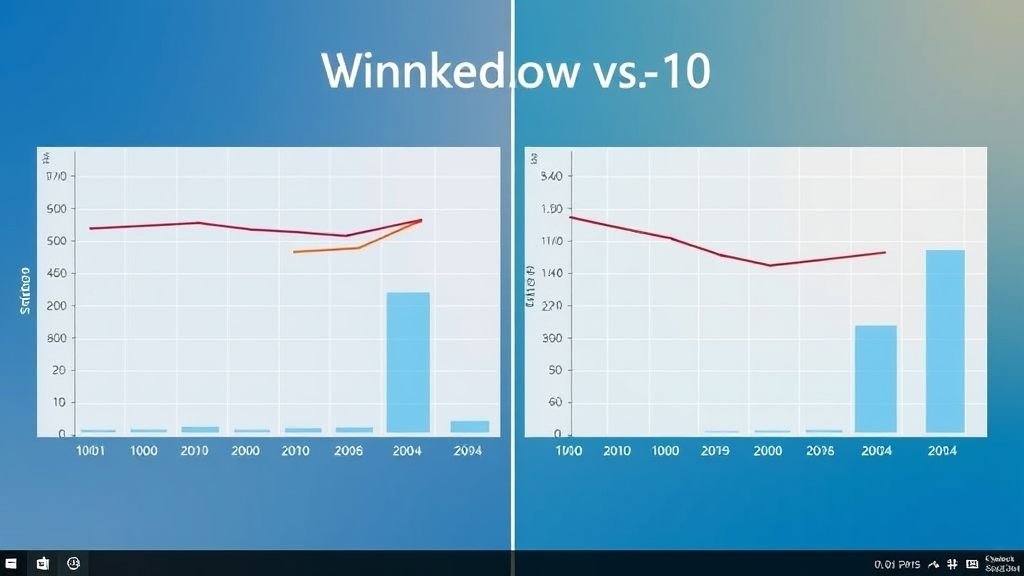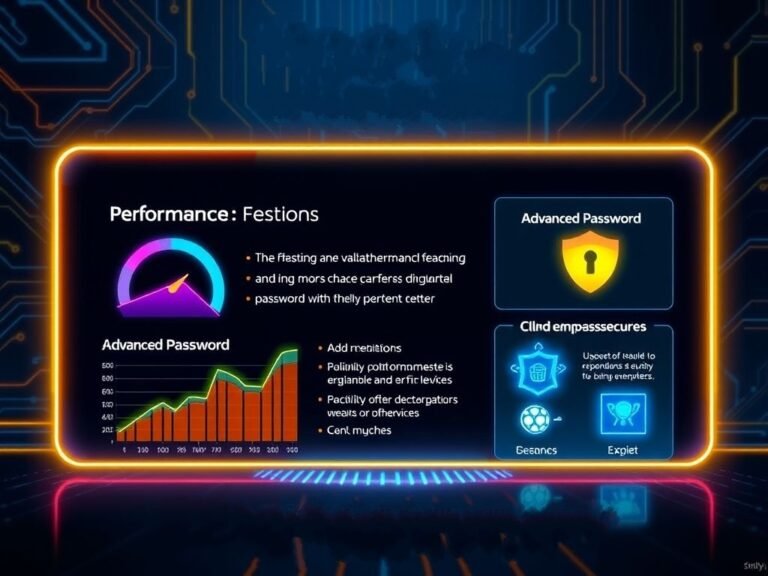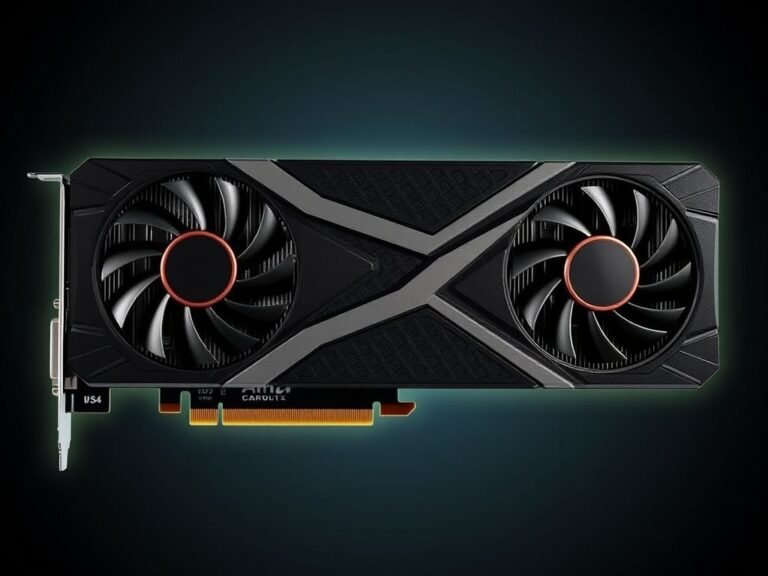
Microsoft Publishes New Windows 11 vs. Windows 10 Performance Benchmarks
Over the years, Microsoft has consistently promoted Windows 11 as a faster and more efficient operating system compared to its predecessor, Windows 10 . Back in 2021, the company claimed that Windows 11 was built to maximize hardware performance , offering users a smoother and more responsive experience.
In 2023, Microsoft shared further details about performance improvements in Windows 11, although those claims lacked concrete data or independent verification. Then, in 2024, the company released a commissioned study suggesting that Windows 11 significantly outperforms Windows 10 — though critics pointed out potential bias due to the nature of the research.
Now, in late 2024, Microsoft has published new performance data based on testing conducted in December 2024 , which it included in an updated support document. Here’s what the company is currently claiming:
Key Performance Claims from Microsoft
According to the latest benchmarks:
- Battery Life : Top Windows 11 PCs offer up to 2.7 additional hours of battery life compared to Windows 10 devices.
- System Speed : Windows 11 PCs are said to be up to 2.3 times faster than Windows 10 systems.
- Web Browsing : Microsoft claims up to 3.2x faster browsing speeds in Windows 11.
- Office Productivity : The OS reportedly delivers twice the productivity speed in Microsoft Office applications.
Based on these results, Microsoft positions Windows 11 as superior across all major performance categories , including battery efficiency, app responsiveness, and general system speed.
The company states that these findings are based on tests with a 95% confidence interval , and they say outliers were accounted for during analysis.
How Were These Results Measured?
Microsoft used specific tools and conditions to generate these numbers:
- Battery Test : A local 1080p MP4 video at 24fps was played using Windows Media Player until the battery dropped to 10%. Screen brightness was fixed at 150 nits , auto-brightness was disabled, and Wi-Fi remained connected throughout the test.
- Performance Benchmark : The “2.3x faster” claim is based on Geekbench 6 scores .
- Web Browsing Speed : Results come from the Speedometer benchmark (version unspecified).
- Office Productivity : Tested using the UL Procyon Office Productivity Benchmark .
It’s also worth noting that only Intel-based systems were used in these tests — specifically:
- Windows 10 PCs : Equipped with Intel Core 6th, 8th, and 10th Gen processors
- Windows 11 PCs : Powered by Intel Core 12th and 13th Gen chips
This aligns with recent statements from Microsoft recommending Intel CPUs for optimal Windows 11 Pro performance .
Hardware Still Plays a Big Role
While Microsoft frames these results as evidence of Windows 11’s superiority, it’s important to note that the difference in hardware generations between test machines likely contributed significantly to the observed performance gains .
That said, Microsoft does acknowledge this factor, stating that the tests compare a selection of Windows 11 PCs against similarly selected Windows 10 devices , rather than making broad universal claims.
At the same time, because Windows 11 cannot officially run on older, unsupported hardware , conducting a completely fair apples-to-apples comparison remains difficult.
Where Can You Find the Full Details?
For those interested in reviewing the complete dataset, Microsoft has made the full battery and performance results available in a dedicated article on its official website.





